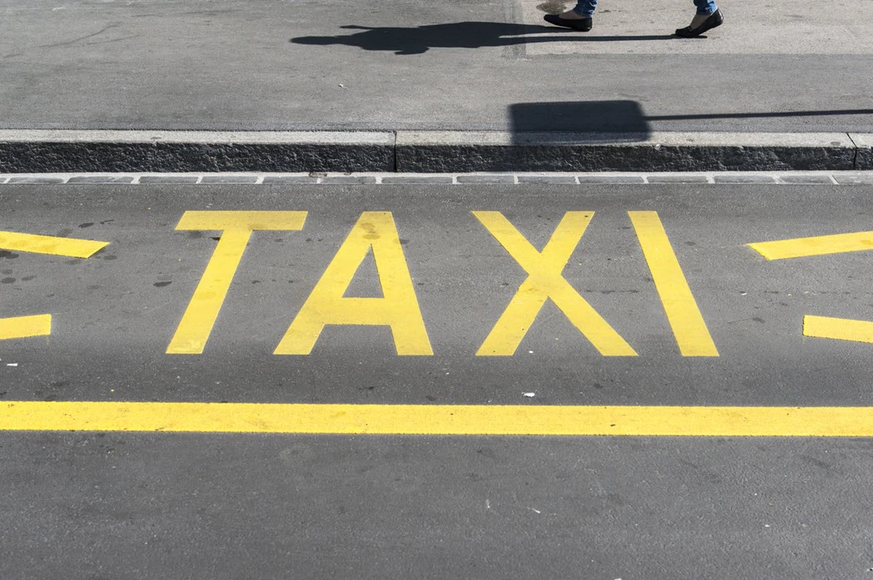
Taxi or not, employer or not: Uber is a disputed concept in Switzerland. © Keystone / Christian Beutler
The latest cantonal ruling on the US ride-hailing firm comes as a national framework to determine the status of gig economy workers in Switzerland is still lacking.
The rulingExternal link by the Zurich social insurance court, published on Thursday, says that the “marked subordination” in the relation between Uber and its drivers means that it is one of dependence between an employer and an employee.
As such, Uber must pay social contributions for drivers, the court said: in this case – brought by the company against the Swiss National Accident Insurance Fund (Suva) and the Zurich social security services – it faces retroactive payments, including interest, of some CHF5.2 million ($5.64 million) for the year 2014.
What’s more, although the case in question refers to the now-disappeared from Switzerland UberPop service (a cheaper and less professionalised version), the verdict clearly refers to all categories of Uber drivers.
The US company argues that those who work using its app maintain control over when they work and which clients they take: the verdict also “ignores the fact that the majority of drivers in Switzerland want to remain independent”, it told the Neue Zürcher Zeitung newspaper.
Uber plans to appeal the verdict.
Several legal cases
The ride-sharing app firm, which was founded in 2009, has caused certain controversy since its arrival in Switzerland in 2014. Several other similar Uber court decisions have been taken in other cantons, such as GenevaExternal link and Vaud, relating to individual litigation, labour law and social security issues. Several other legal cases are pending this year.
Meanwhile, at the national level the status of workers in the ‘gig economy’ is still unclear, with the federal authorities so far reluctant to develop a new framework for the platform economy.
In a press releaseExternal link on Thursday, the UNIA trade union said the Zurich verdict should prompt cantons to “finally take their responsibility towards drivers seriously” and enforce employment law to make the company pay social insurance payments.
“This is an extremely significant decision that people have been waiting for since 2016,” UNIA legal expert Roman Künzler told swissinfo.ch.
The union also said that the verdict had a “signal effect” for other platform-based companies operating in what it called the “uberising” economy.
Full story here Are you the author? Previous post See more for Next postTags: Business,Featured,newsletter






























